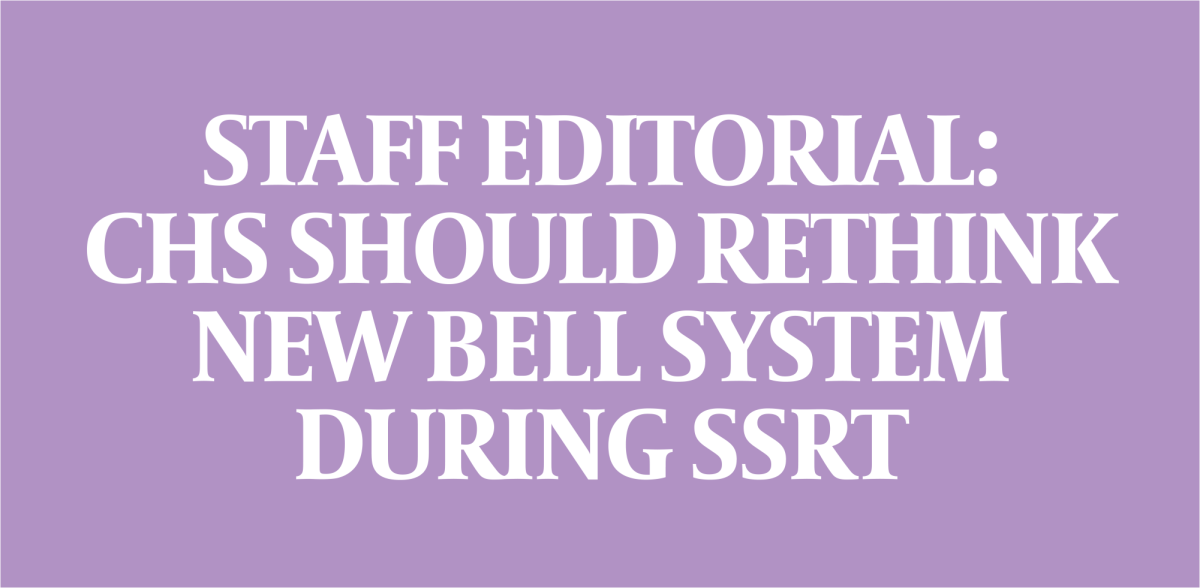On Oct. 8, school board members will attend a workshop session to explain the district’s new literacy curriculum. According to school board president Layla Spanenberg, the district is in the process of aligning its curriculum to the national Common Core State Standards.
“Indiana adopted the standards back in 2010, since then we have been in the process of aligning our curriculum with the Common Core State Standards,” Spanenberg said. “The neat thing about common core state standards, there are less standards, but they are taught with more rigor. That’s where we had to align some of our Carmel standards in our curriculum.”
According to Spanenberg, board members will learn about the process of aligning district curriculums with the new standards. There will also be discussion about how the Carmel curriculum has changed, and how it compares to the old one. The new curriculum will affect students and teachers involved in the sixth through twelfth grades, including those involved in second and third grade challenge and fourth and fifth grade challenge classes in the elementary schools.
Senior Emily Roberts, who has been enrolled in most of the affected English classes since elementary school, said, “Up to some point the standards (across the country) should be the same. But when you get to higher-level classes, you should start to differentiate lessons. For students who have a high level of thinking, I think regulated standards could be detrimental.”
Subject wide changes
Last year, the Common Core State Standards were adopted for the district’s math classes. In the future, the board will adopt standards for science and social studies classes. The district implemented its literacy standards this year.
“We had a very standard presentation for back to school night across the district for the Common Core State Standards in literacy to inform the parents,” Spanenberg said. “I sat in, having a child in the second and third grade challenge program and the fourth and fifth grade challenge program; I witnessed first hand the presentation on the changes that are being made. Now I’m very excited as a board member on learning more about the details.”
According to the Indiana Department of Education website, the Indiana State Board of Education unanimously voted to adopt the Common Core State Standards, which provide an outline of what students across the country should learn in a given year. Now, sophomores at this school will read the same books and learn the same topics as high school sophomores in 44 other states and three territories.
Spanenberg said, “It was a collaborative effort from teachers and administrators across the nation. It looked at what led to success across the country, and how to branch that to every student in the nation. That’s why 45 states have now adopted the common core state standards.”

Specific English course changes
One of the major changes that will be made to English courses is the use of a more specific rubric. Spanenberg said rubrics are more in depth than in the past, and they clearly define what students need to do in order to achieve a certain grade. In addition to the rubric changes, specific novels and literary elements will be mandated throughout the country.
“With the reading component, there are certain titles that are mandated. But teachers and districts can select other works that align with the standards. It allows for some flexibility, but not as much as before. However, teachers are still able select other titles that they feel will be beneficial for their class,” Spanenberg said.
Roberts said she agrees that stricter rubrics are beneficial to students, but that flexibility should still be respected in the classroom.
“For some classes a detailed rubric is a good idea, like for math there is not much grading flexibility. But for English classes, there should be more flexibility off of the rubrics and curriculum, because it is more idea and discussion based,” Roberts said.
Lack of AP class changes
Spanenberg said that AP courses will not be changed by the new curriculum. The College Board will still designate what topics need to be covered in those classes.
“This does not affect AP courses at this time. The College Board has standards to give us guidance, but our teachers have gone through professional development and are able to decide how to teach those courses,” Spanenberg said.
Roberts said, “I think it’s a good thing this doesn’t change AP courses. I don’t think it would let students learn as fast as they could achieve if they were more regulated.”































![AI in films like "The Brutalist" is convenient, but shouldn’t take priority [opinion]](https://hilite.org/wp-content/uploads/2025/02/catherine-cover-1200x471.jpg)













































![Review: “The Immortal Soul Salvage Yard:” A criminally underrated poetry collection [MUSE]](https://hilite.org/wp-content/uploads/2025/03/71cju6TvqmL._AC_UF10001000_QL80_.jpg)
![Review: "Dog Man" is Unapologetically Chaotic [MUSE]](https://hilite.org/wp-content/uploads/2025/03/dogman-1200x700.jpg)
![Review: "Ne Zha 2": The WeChat family reunion I didn’t know I needed [MUSE]](https://hilite.org/wp-content/uploads/2025/03/unnamed-4.png)
![Review in Print: Maripaz Villar brings a delightfully unique style to the world of WEBTOON [MUSE]](https://hilite.org/wp-content/uploads/2023/12/maripazcover-1200x960.jpg)
![Review: “The Sword of Kaigen” is a masterpiece [MUSE]](https://hilite.org/wp-content/uploads/2023/11/Screenshot-2023-11-26-201051.png)
![Review: Gateron Oil Kings, great linear switches, okay price [MUSE]](https://hilite.org/wp-content/uploads/2023/11/Screenshot-2023-11-26-200553.png)
![Review: “A Haunting in Venice” is a significant improvement from other Agatha Christie adaptations [MUSE]](https://hilite.org/wp-content/uploads/2023/11/e7ee2938a6d422669771bce6d8088521.jpg)
![Review: A Thanksgiving story from elementary school, still just as interesting [MUSE]](https://hilite.org/wp-content/uploads/2023/11/Screenshot-2023-11-26-195514-987x1200.png)
![Review: "When I Fly Towards You", cute, uplifting youth drama [MUSE]](https://hilite.org/wp-content/uploads/2023/09/When-I-Fly-Towards-You-Chinese-drama.png)
![Postcards from Muse: Hawaii Travel Diary [MUSE]](https://hilite.org/wp-content/uploads/2023/09/My-project-1-1200x1200.jpg)
![Review: "Ladybug & Cat Noir: The Movie," departure from original show [MUSE]](https://hilite.org/wp-content/uploads/2023/09/Ladybug__Cat_Noir_-_The_Movie_poster.jpg)
![Review in Print: "Hidden Love" is the cute, uplifting drama everyone needs [MUSE]](https://hilite.org/wp-content/uploads/2023/09/hiddenlovecover-e1693597208225-1030x1200.png)
![Review in Print: "Heartstopper" is the heartwarming queer romance we all need [MUSE]](https://hilite.org/wp-content/uploads/2023/08/museheartstoppercover-1200x654.png)


